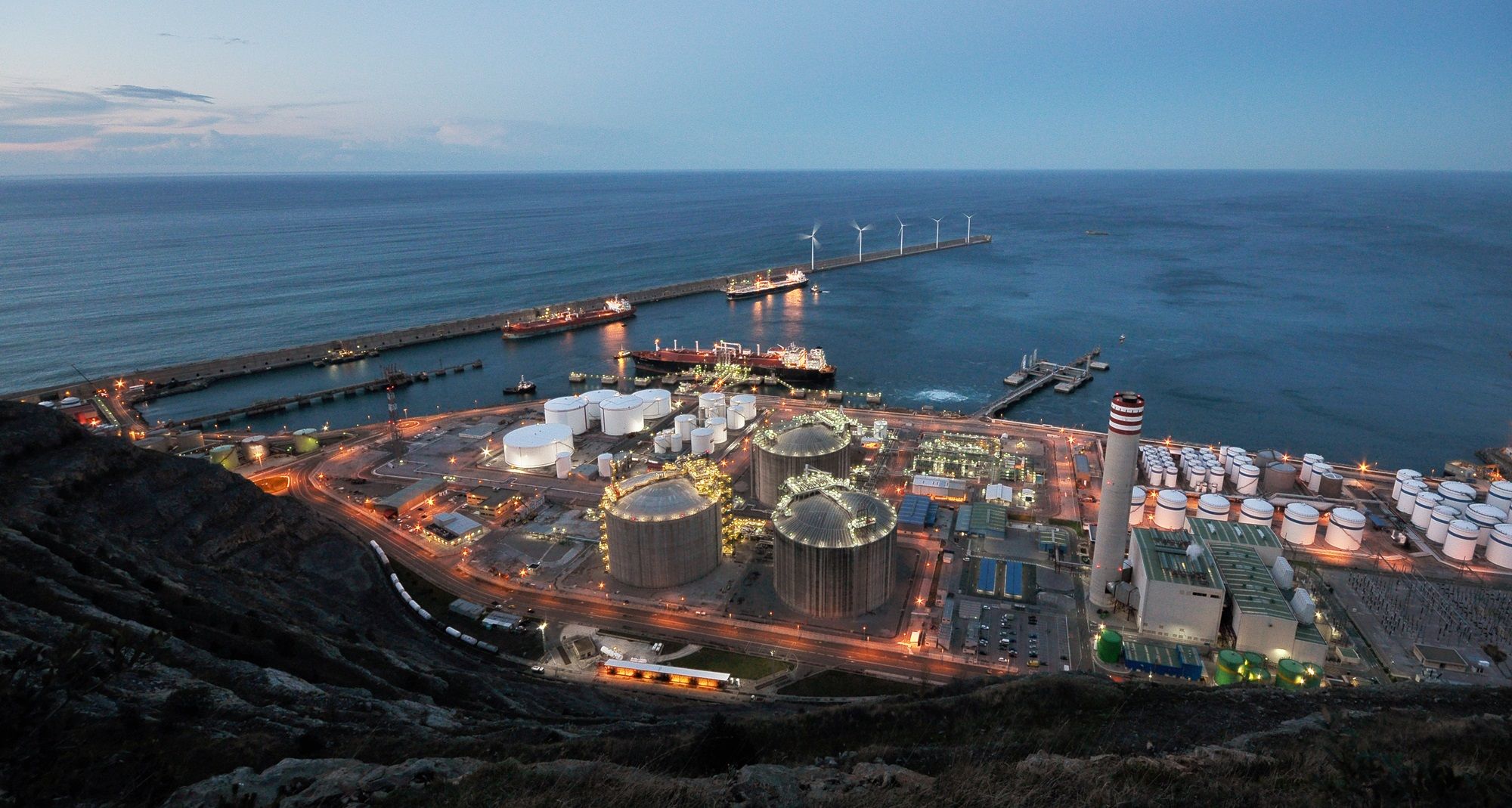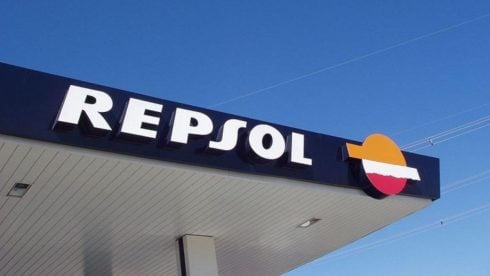FRANCE, Belgium, and Spain have poured more cash into Russian liquefied natural gas (LNG) than they’ve donated to war-torn Ukraine since the Russian invasion began in 2022, a report from Greenpeace Belgium revealed today (September 30.)
The investigation claims that these three nations, along with the Netherlands, accounted for a staggering 95% of LNG imports into the European Union. Between 2022 and mid-2025, they forked out an eye-watering €34.3 billion ($40.2 billion) for Russian LNG – a figure that far eclipses the €21.2 billion in support pledged to Ukraine.
The breakdown shows that France is leading the LNG charge, having spent €12.75 billion. Spain comes in second with €9.5 billion, while Belgium shelled out €6.21 billion. In stark contrast, Belgium has only sent €3.2 billion in aid to Kyiv, while Spain’s contributions total €1.47 billion, and France has given €7.56 billion in bilateral support.
READ MORE:
- New British warship to be built in Spain as part of €1.8 billion contract
- Arnie and Jared Leto draw 120,000 fans to the Costa del Sol for Malaga’s first Comic-Con spectacular
- Spain has become Europe’s standout economy, according to the FT
The Netherlands, however, stands apart. It was the only country to invest more in Ukrainian aid (€8.99 billion) than in Russian gas imports (€5.84 billion).
Astonishingly, the port of Zeebrugge in Belgium has become the EU’s top entry point for Russian LNG, handling a quarter of all shipments. Imports through the terminal hit 3.3 billion cubic meters in the first half of 2025 – setting a new record, despite the EU’s ban on re-exporting Russian gas.
The Greenpeace report also draws attention to Europe’s growing dependence on American LNG. While the US has been filling the gap left by Russian supplies, Greenpeace warns that this could lead to yet another energy dependency. The group is calling for a swift and serious shift towards renewable energy, rather than relying on fossil fuels from any country.
In a bid to break free from Russian energy, the European Commission has proposed ending fossil fuel imports from Moscow by 2027, with new sanctions aiming to ban Russian LNG imports by 2026. But with such huge sums still being spent on Russian gas, the future of Europe’s energy independence remains uncertain.
Is Europe really serious about weaning itself off Russian energy, or are these staggering figures proof of just how deep the dependency runs? Only time will tell.
Click here to read more Business & Finance News from The Olive Press.









Frankly, outrageous. Would you feed a snake that has bitten you?